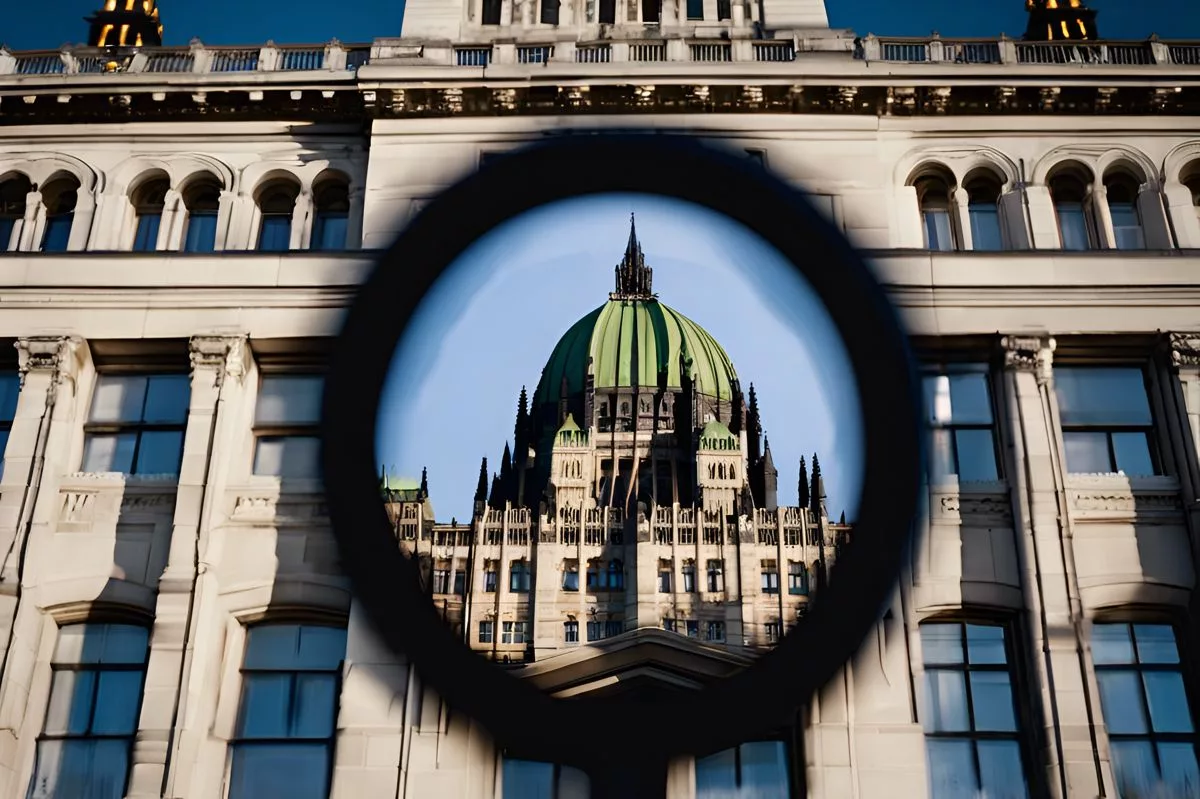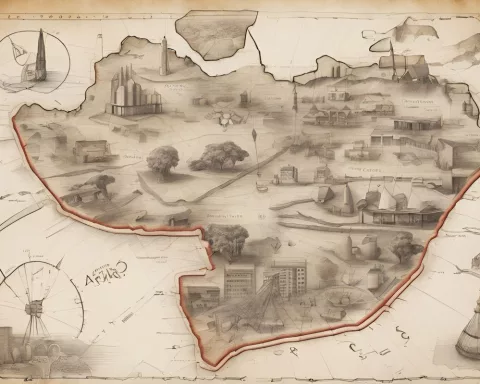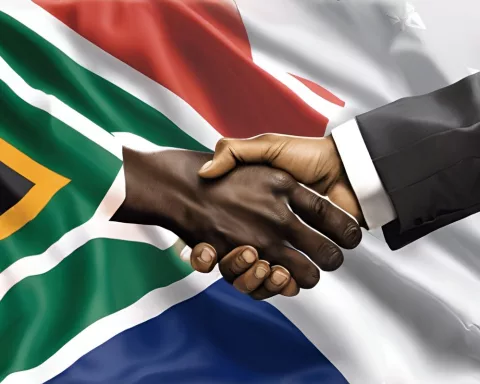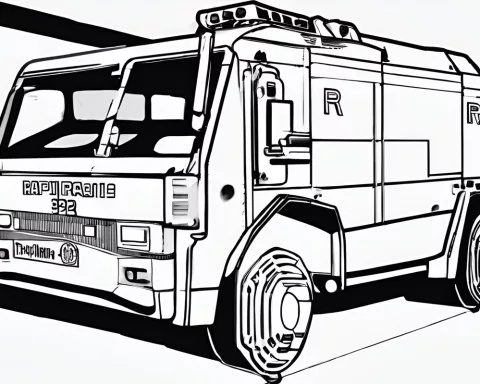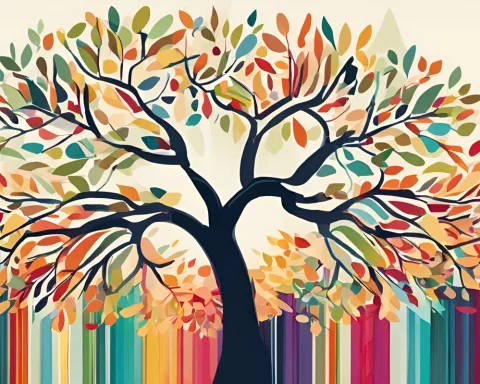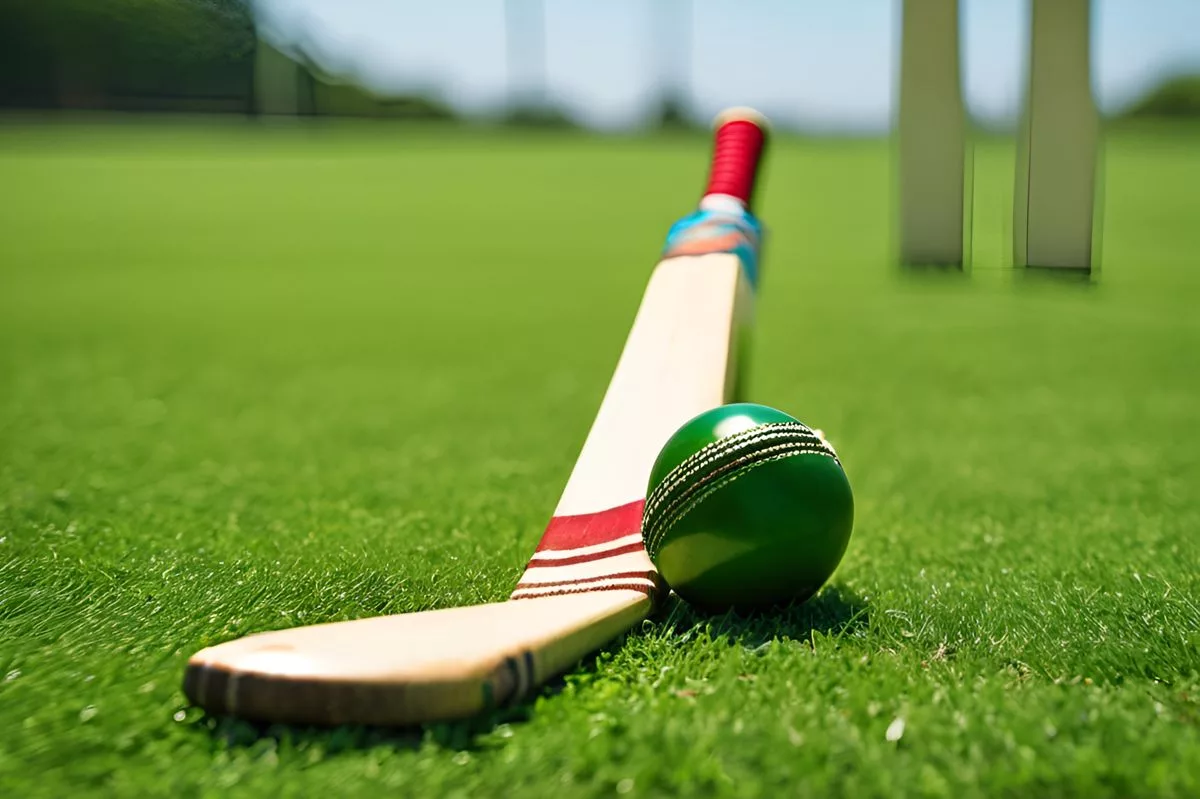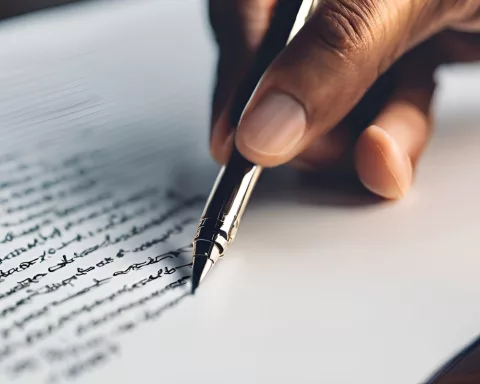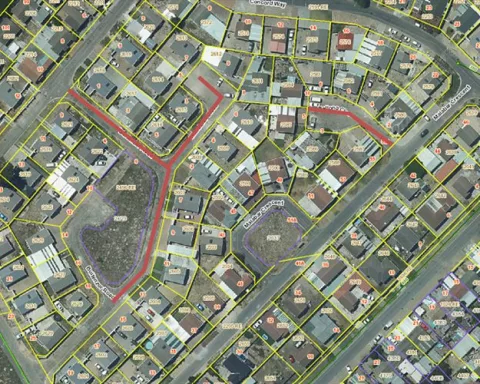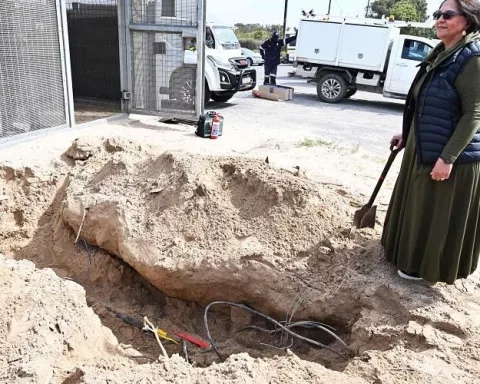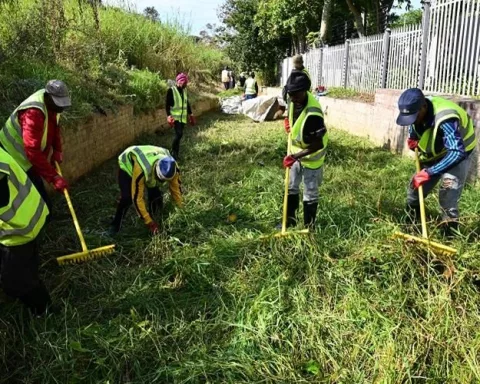South Africa’s Parliament is getting ready for the State of the Nation Address (SONA), where President Cyril Ramaphosa will outline the government’s goals and commitments for the upcoming year. Accreditation for media professionals to document the event is crucial, with a digital application system open until a strict deadline. The Parliament also offers support for those seeking assistance with media accreditation, and citizens can participate in the democratic process by visiting or attending debates in the Parliament. SONA is a significant event that shapes national conversation and establishes policy agendas.
What is the State of the Nation Address in South Africa?
The State of the Nation Address (SONA) is a yearly event in South Africa where the President addresses Parliament and the nation, outlining the government’s main policy goals and commitments for the upcoming year. It serves as a reflection of the nation’s democratic pulse and provides insight into the strategies needed to trigger developmental initiatives. Media accreditation is crucial to document the Address, and citizens can participate in the democratic process by arranging a visit to the Parliament or attending a debate.
South Africa’s Parliament, the focal point of the country’s political landscape, is gearing up for a monumental yearly event – the State of the Nation Address (SONA). SONA serves as a clear reflection of the nation’s democratic pulse, where President Cyril Ramaphosa will elucidate the government’s main policy goals and forthcoming year’s commitments. Nevertheless, with a year filled with potential and challenges looming, it’s a chance to look back at the past year’s accomplishments, pinpoint the obstacles yet to be tackled, and outline the strategies needed to trigger developmental initiatives.
The Initiation of the 2024 Parliamentary Programme
On Thursday, 18 January 2024, President Ramaphosa communicated with the National Assembly (NA) Speaker, Ms Nosiviwe Mapisa-Nqakula, and the National Council of Provinces (NCOP) Chairperson, Mr Amos Masondo. The objective? To ask them to summon a Joint Sitting of both chambers on Thursday, 8 February 2024, at 19:00. The occasion? The State of the Nation Address (SONA). This notable event acts as the official inauguration of the parliamentary schedule for the upcoming year.
Accreditation for the SONA: A Critical Procedure
Accreditation for the SONA is a crucial procedure, enabling media professionals to document the ceremonial proceeding and the Address itself. A digital application system is open to all members of the media industry, ensuring the nation’s democratic procedures are open and subject to public evaluation. However, the window for this opportunity is closing. Applications are due by Friday, 19 January 2024, by 17:00. A strict deadline, conveying a potent message – no allowances will be made post this date.
The application process demands specific vital information, including the full name as mentioned on the identity document, ID number, association to a media group or organization, and position within the organization. Contact details are also required, including an email address, telephone number, and mobile phone number. For media professionals intending to broadcast from the parliamentary precinct, additional information is needed, including registration numbers for broadcast vehicles, clearance certificates from service providers for temporary broadcasting structures, and other equipment specifics.
Assistance with Media Accreditation: A Supportive Gesture
For individuals seeking help with media accreditation, the Parliament stepped in to provide support. Masego Dlula and Malentsoe Magwagwa are available to guide media professionals through the procedure and ensure their applications are successfully submitted within the stipulated time frame.
The Parliament’s Engagement Beyond High-Profile Events
In the broader prospect of the Parliament’s operations, the Joint Standing Committee on Intelligence (JSCI) operates as a distinct entity. It deals with classified or top-secret information, and typically hosts meetings away from the public purview. To be a part of this committee, members need to obtain security clearance from the National Intelligence Agency, attesting to the critical and sensitive nature of their responsibilities.
Although the impending SONA garners significant national attention, the Parliament is more than just a stage for high-profile happenings. Citizens have various ways to participate in the democratic process, such as arranging a visit, attending a debate, or simply touring the Parliament.
Among the notable members of the Parliament is Mr Lawrence Edward McDonald from the African National Congress. As a representative of the Free State province, Mr McDonald is a part of the Portfolio Committee on Transport, contributing to essential policymaking processes that mold the nation’s transport infrastructure.
To summarize, the forthcoming State of the Nation Address functions as a vital component in South Africa’s political calendar. It provides a glimpse into the government’s plan for the year ahead, molding national conversation and establishing the agenda for policy discussions. As President Ramaphosa gets ready to ascend the rostrum, the nation anticipates, prepared to engage with the democratic process, propelled by the ideals of transparency, accountability, and public participation.
When is the State of the Nation Address in South Africa?
The State of the Nation Address (SONA) is a yearly event in South Africa that typically takes place in early February. In 2024, it is scheduled for Thursday, 8 February, at 19:00.
What is the purpose of the State of the Nation Address?
The State of the Nation Address serves as an opportunity for the President to address Parliament and the nation, outlining the government’s main policy goals and commitments for the upcoming year. It is a significant event that shapes national conversation and establishes policy agendas.
Why is media accreditation important for the SONA?
Accreditation for the SONA is crucial for media professionals to document the ceremonial proceeding and the Address itself. A digital application system is open to all members of the media industry, ensuring the nation’s democratic procedures are open and subject to public evaluation.
What information is needed for media accreditation for the SONA?
The application process demands specific vital information, including the full name as mentioned on the identity document, ID number, association to a media group or organization, and position within the organization. Contact details are also required, including an email address, telephone number, and mobile phone number. For media professionals intending to broadcast from the parliamentary precinct, additional information is needed, including registration numbers for broadcast vehicles, clearance certificates from service providers for temporary broadcasting structures, and other equipment specifics.
Can citizens participate in the democratic process at the Parliament beyond the SONA?
Yes, citizens can participate in the democratic process by arranging a visit to the Parliament or attending a debate. The Parliament also has various committees that deal with specific issues and policies, and citizens can engage with their representatives through these committees.
Who are some notable members of the Parliament in South Africa?
One notable member of the Parliament is Mr Lawrence Edward McDonald from the African National Congress. As a representative of the Free State province, Mr McDonald is a part of the Portfolio Committee on Transport, contributing to essential policymaking processes that mold the nation’s transport infrastructure.

